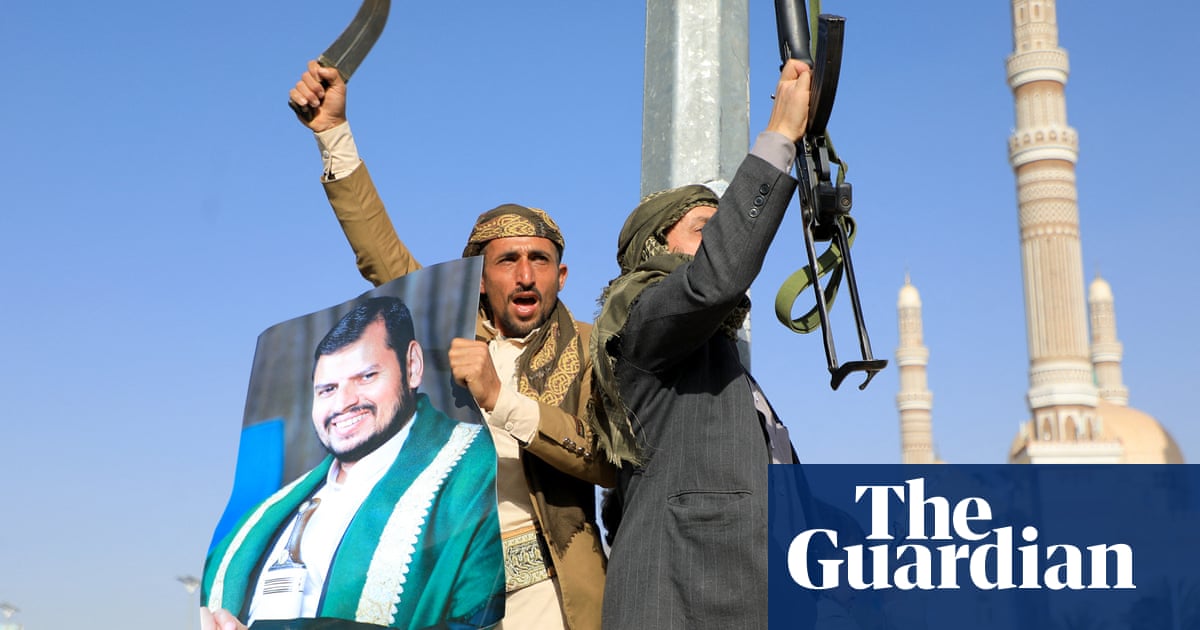
Oman’s Sultan Qaboos bin Said, who has died aged 79, leaves a legacy as a regional mediator that will be hard to match.
Anyone who keeps up with the news would quickly conclude that the Middle East was becoming increasingly unstable. That could have been said at virtually any time since Sultan Qaboos came to power in a bloodless palace coup in 1970, but at no point since then have there been so many failed states, so many failing states, and such broad and sustained sectarian and ethnic wars being fought across the region.
Even relatively stable regimes with deeply entrenched institutional structures seem compelled to keep investing in external regional power plays — with possibly serious medium-term consequences.
But one country that has stood out as an island of peace in the middle of this sea of conflict was Oman; internally stable, economically relatively solid although (or perhaps because) it is not solely an oil economy, aloof from the prevailing regional sectarian wars, and respected by all its neighbors. And not only its immediate neighbors: When the government of Israel needs to establish diplomatic back-channels in the region, it turns to Oman.
This is not a blip, nor random happenstance. For myriad historical reasons, and the quiet but extensive efforts of the late sultan, Oman may be thought of as a Middle East equivalent of Switzerland. Surrounded by larger, more powerful neighbors, culturally and religiously apart — the strand of Islam that dominates in Oman is outside the Sunni/Shia divide, for example — and fiercely independent, Oman has for centuries stood its political ground and has prospered historically as a trading nation able to bridge the gap and provide a neutral meeting ground between rivals. To this day, Oman is one of the few countries in the region that appears to be standing on rock-solid foundations. And given its neutrality, its conciliatory political culture and its historically proven capacity to mediate between others, this can only be a good thing.
To this day, Oman is one of the few countries in the region that appears to be standing on rock-solid foundations. And given its neutrality, its conciliatory political culture and its historically proven capacity to mediate between others, this can only be a good thing.
Dr. Azeem Ibrahim
Oman raised eyebrows in October 2018 when it not only hosted Israeli Prime Minister Benjamin Netanyahu, but also offered the previously inconceivable view that Arab states should treat Israel as they do any other Middle Eastern nation.
For Middle East watchers, however, this came as no surprise. Although Sultan Qaboos was not a household name in the West, he was an experienced and effective behind-the-scenes operator. By hosting the Israeli premier, Sultan Qaboos pulled off a coup. One possible explanation was that Oman was opening a back channel to Gulf states for the Israeli government in the hope that tensions, when running high, would never boil into a full-scale war in a region where there is no shortage of conflict. Another possible explanation is that Oman was looking to become the regional mediator between the Israeli and Palestinian leaderships — who, interestingly, visited Oman just a day before.
For the Israelis, on the other hand, the main motivation was likely to be to turn covert allies into overt ones to stem Iran’s regional expansion; that, and pushing the long-time Israeli ambition of normalizing relations with the entire Middle East one nation at a time. Netanyahu was probably thus hoping that other nations throughout the Middle East would take notice of the diplomatic goodwill being generated from these kinds of trips, and translate their behind-the-door relationship to an open one.
And it was not only in the regional space that the sultan pushed the envelope. Domestically, when it came to women’s rights in a society and region that are heavily male dominated, in the 1990s he encouraged women to enter the workforce and education, and become self-sufficient through entrepreneurship and small business enterprises. By the end of that decade there were more women graduating from universities than men, and it was common to see shops and businesses that were completely female-owned and operated.
Sultan Qaboos has now passed, but he leaves a strong legacy as a behind-the-scenes diplomatic operator. These will be big shoes to fill. A successor has already been named in the former Culture and Heritage Minister, now Sultan Haitham bin Tariq Al-Said. Will he be able to continue and build upon the legacy of the quiet diplomacy of Sultan Qaboos in a region that so desperately needs this? We should all hope so.
Dr. Azeem Ibrahim is a Director at the Center for Global Policy and author of “The Rohingyas: Inside Myanmar’s Genocide” (Hurst, 2017). Twitter: @AzeemIbrahim
Disclaimer: Views expressed by writers in this section are their own and do not necessarily reflect Arab News" point-of-view











